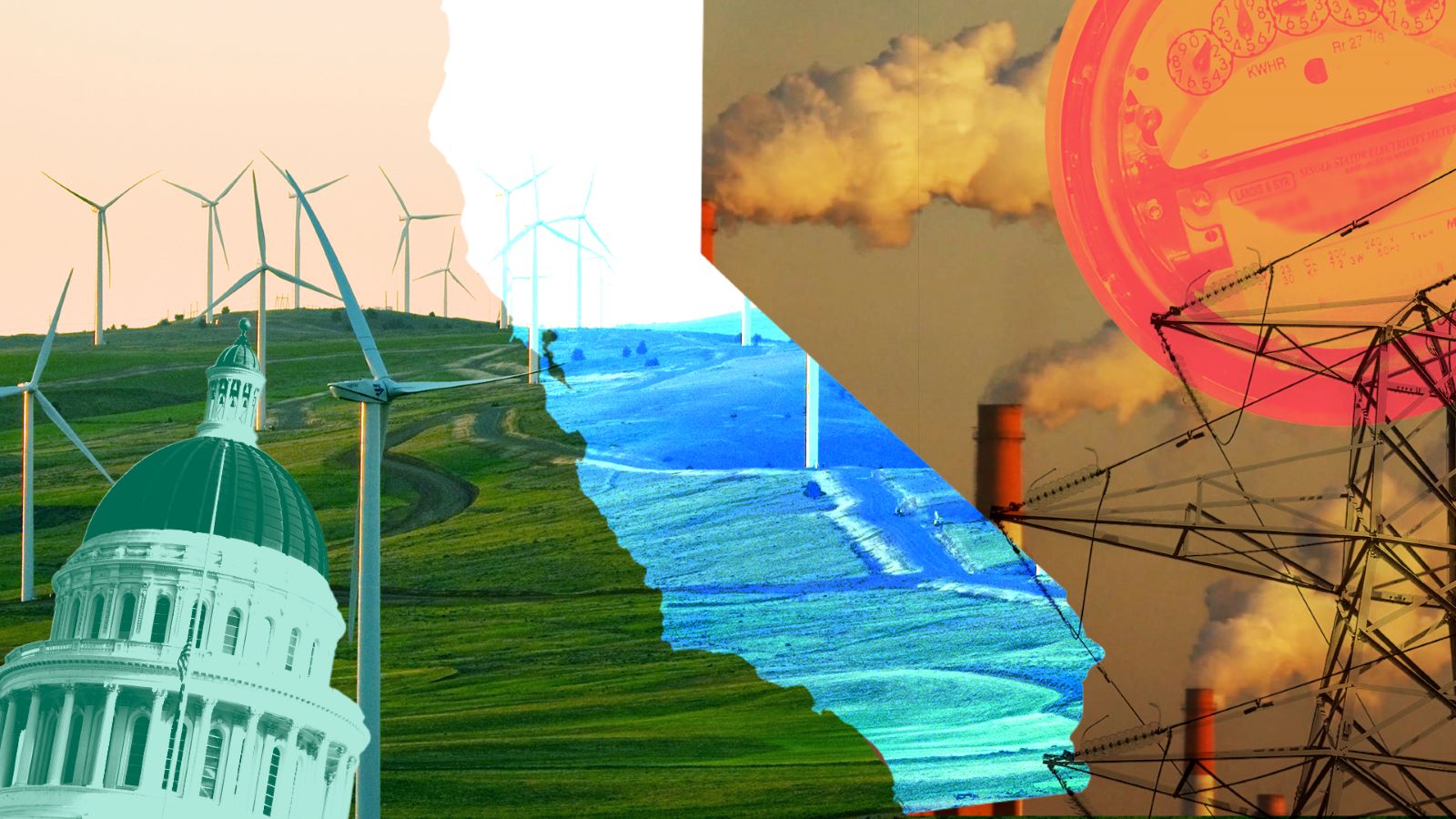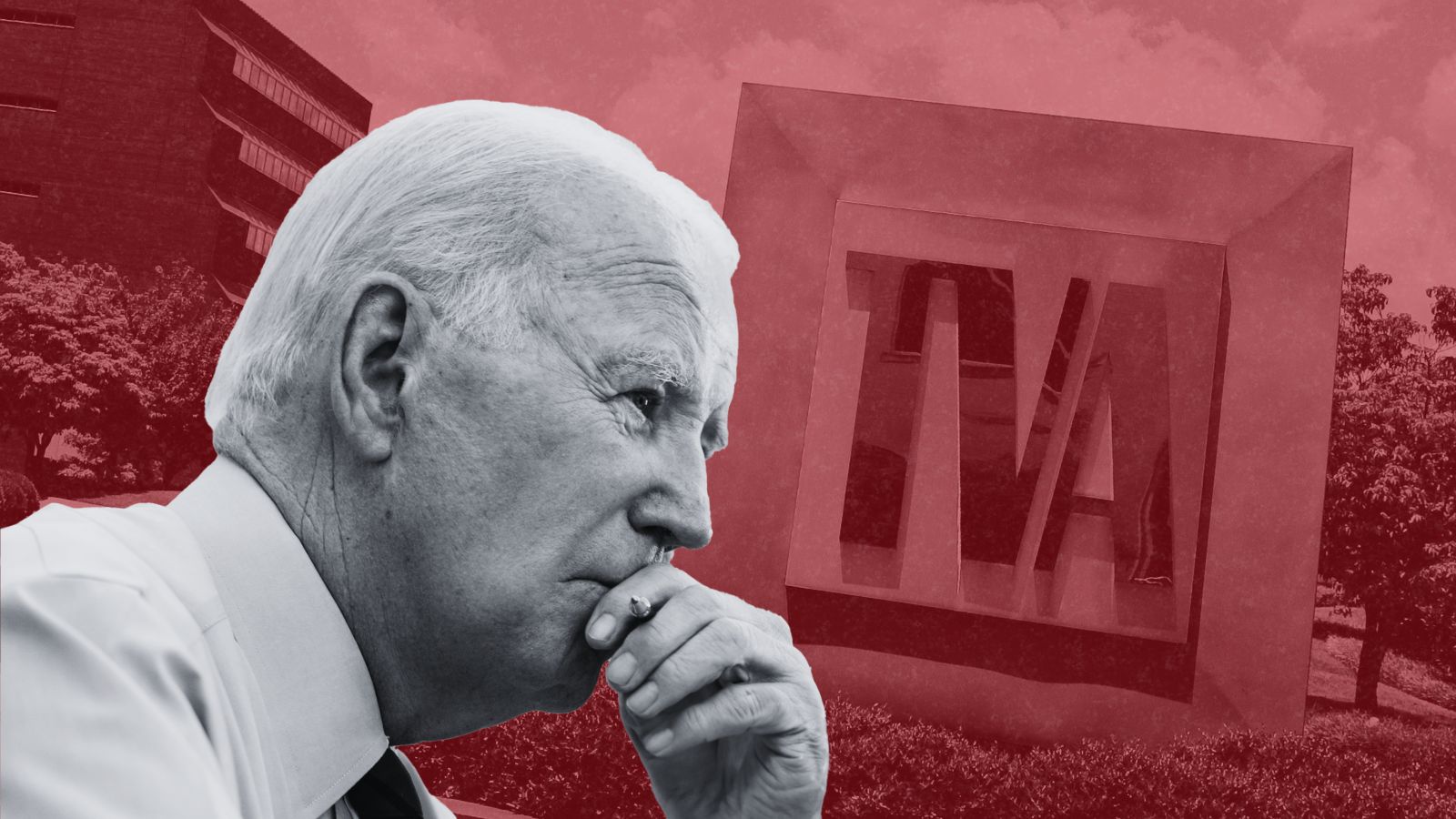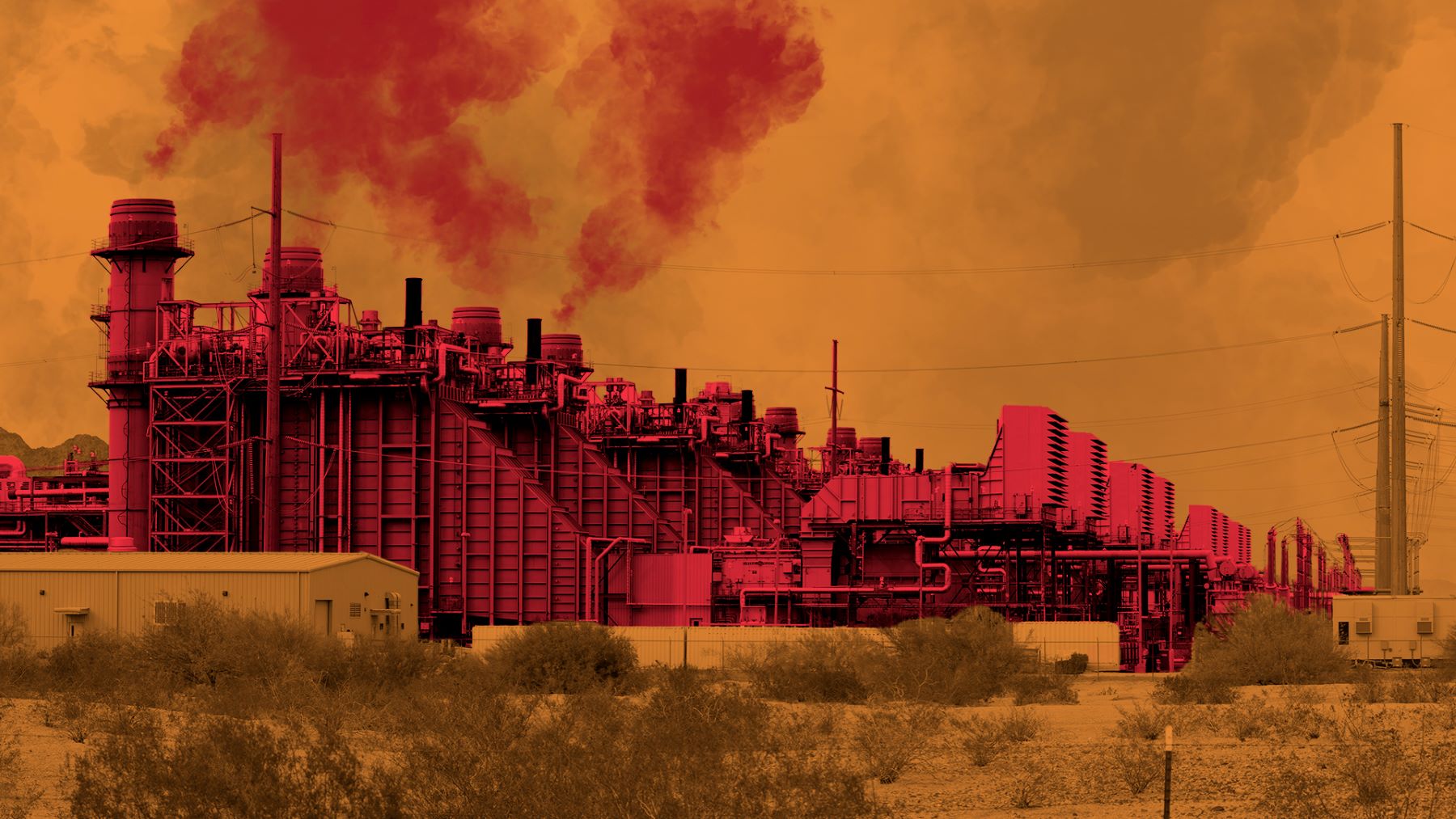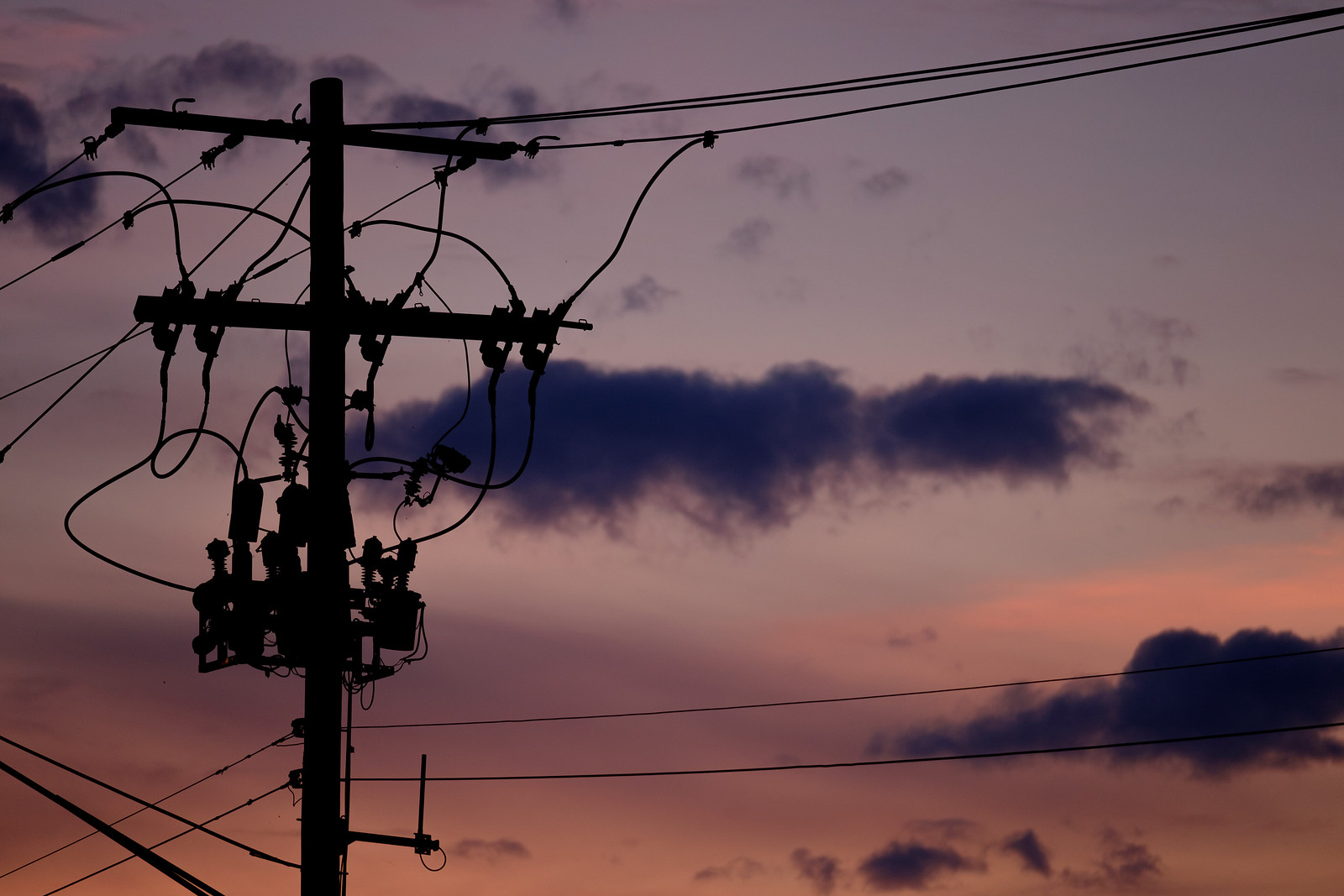Some of this lobbying happens directly, but utilities also hide behind trade associations to do their dirty work. The main lobbying group for investor-owned electric utilities is Edison Electric Institute (EEI), and for gas utilities, it's the American Gas Association (AGA). While many of EEI’s member utilities are publicly bragging about their climate and clean energy pledges, EEI is quietly promoting climate misinformation and fighting common-sense pollution standards to keep dirty gas and coal plants online on behalf of utilities. EEI, alone, collected $60.7 million in revenue from ratepayers in 2023. AGA is just as bad, spending ratepayer funds from utilities like SoCalGas for a host of lobbying, marketing, and advocacy activities—all unbeknownst to customers.
Technically, California has existing regulations that ban utilities from baking the costs of their political lobbying into customers' energy bills. But loopholes, a lack of transparency, and narrow definitions of “lobbying” have allowed utilities to keep skirting the rules with impunity. Utility companies must be held accountable for their bad behavior, and in California, SoCalGas and Southern California Electric (SCE) are some of the worst actors.
California Introduces Landmark Utility Accountability Legislation
California has an opportunity to join and build upon a burgeoning national trend of utility accountability to bring these bad actors in line. To do so, it must pass a recently introduced bill that would close existing loopholes, strengthen enforcement, and bar utilities from using ratepayer money for political purposes once and for all.
The bill, if passed, would add clear penalties and prevent utilities from using customer money to:
- Pay for advertising or public relations campaigns to boost their image
- Influence decision-makers at the local, state, or federal level, or their staff
- Pay membership dues, sponsorships, or other contributions to an industry trade association (like EEI or AGA)
Additionally, this bill requires utilities to give the California Public Utilities Commission (CPUC) real-time access to digital records to monitor compliance. Utilities that fail to comply may face penalties of $10,000 to $100,000 per violation. Those funds would flow to a “Zero-Emission Equity Fund” to assist low-income households with the energy transition.
What Utility Companies Have to Do With Decarbonizing Our Economy
Power companies don’t just supply electricity. They also decide how and where they get that power from—and how clean it is. Instead of investing in more renewable energy like a majority of voters want, many electric utility companies are deviating from their customers’ interests and clinging onto power generation from polluting, expensive gas- and coal-fired power plants.
Electric utility companies are not alone in intentionally slowing down economy-wide decarbonization. One-tenth of California’s greenhouse gas pollution comes from home and business emissions, largely from burning gas. A clean economy will require powering buildings with zero-emission appliances running on clean electricity—a direct threat to gas utility profits. In response, gas companies, like SoCalGas, are funding lobbying and public relations campaigns to block and slow down electrification.
Utilities have a choice to make—one that affects all sectors of the economy, their customers, and our climate. It’s time they made the right one.
Utility Companies Are Using Customer Money to Lobby Against Climate Action
Accountability starts with how utilities use ratepayer dollars. And utilities aren’t just charging customers for their energy usage.
From San Diego to San Francisco, utilities in the Golden State are using customer money to foot the bill for their political activities, including lobbying to shape legislation, currying favor with regulators, and shaping public opinion to influence elections.
Take SoCalGas, the country’s largest utility, for example. Since 2019, the gas company has funneled an eye-popping $36 million from customers toward political lobbying and marketing undermining Californian climate policies. These backdoor efforts—on the customer’s dime—have included everything from paying to recruit speakers to speak against electrification during a September 2019 meeting before the California Public Utilities Commission to paying legal fees for a series of lawsuits against California climate policies and building electrification.
In fact, SoCalGas has paid tens of millions of dollars to law firms to lobby regulators and file lawsuits against climate policies that threaten the utility’s profits. When confronted, the utility company denies responsibility, claiming attorney-client privilege. This pattern of repeatedly misusing ratepayer funds for their own political gain while keeping it hidden from customers and misleading the public is dangerous—and currently happening unchecked.
Customers Are Trapped and Paying Increasingly Higher Bills
Even if customers were to learn of these practices, feel righteous outrage, and want out, they likely wouldn’t have anywhere else to go. Because most utilities have monopolies over their service areas, ratepayers have essentially no choice but to pay their region’s power or gas provider. As a result, most Californians are either knowingly or unknowingly being forced to pay into political schemes that likely don’t align with their own values.
To make matters worse, while utilities are spending millions in ratepayer funds on lobbying efforts against climate action, customers are ever more exposed to costs created by the climate crisis as extreme weather events spike power demands, raise costs, and threaten the grid. This harsh reality acutely affects low-income households, who have to allocate a greater percentage of their income to paying their energy bills. Americans are being forced to make hard choices just to keep the lights on with 32.3 percent of the country saying they have cut back or skipped basic expenses like medicine or food at least once in the past year to pay their utility bills. It’s egregious that utilities are turning around to use these revenues to make the crisis worse. This is a major environmental justice issue.



